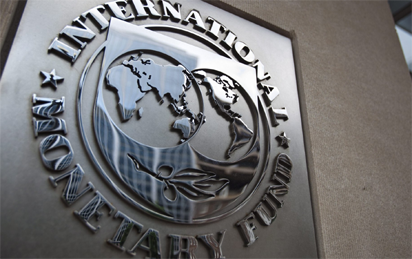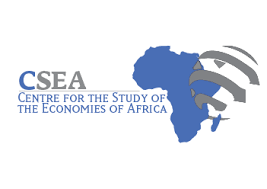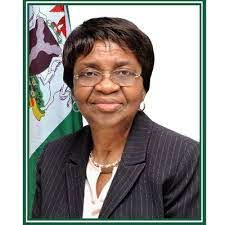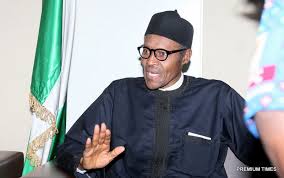The International Monetary Fund (IMF) has said that efforts to address Nigeria’s merchandize trade imbalances are not achieving the desired results due to Foreign Exchange (forex) strains relating to exchange rate premiums in the nation’s parallel market.
The Fund made this disclosure during its staff meetings with the Nigerian authorities from June 6-10, 2022, to discuss recent economic and financial developments and the economic outlook for the country.
It noted that the parallel market’s exchange rate premiums had ranged from 35-40% since October 2021.
For instance, the exchange rate between the Naira and the US dollar closed at N420/$1 at the Investors and Exporters (I&E) window on Wednesday while the black market maintained a wide premium to closed at N607/$1.
The Breton Woods institution further pointed out that the contributions to nation’s real GDP growth were improving from all sectors except oil, noting that inflation remains high.
The Washington D.C-based multilateral finance institution cautioned that Nigeria’s economic outlook remained challenging with high food prices raising food security concerns.
It reported: “Regarding the external sector, the current account deficit narrowed significantly in 2021 helped by import compression and higher net oil balance.
“However, the improving trade balance, which has continued so far in 2022, is having a limited impact on Foreign Exchange (FX) strains with the exchange rate premiums in the parallel market staying in the 35-40 percent range since October 2021.
“Despite supportive oil prices, gross FX reserves fell to $38.6 billion at end-May 2022, having reached $41.5 billion in September 2021 boosted by SDR allocation and Eurobond issuance”, the IMF added.
Reacting to Nigeria’s inflationary pressures and the monetary authorities’ response to the spiking general price level, it noted that inflation had reached 17.7% (y/y) in May, triggered by a renewed surge in food prices, exacerbated by the war in Ukraine, and raising food security concerns as over 40% of the population live below the poverty line.
To tackle the inflationary pressures, the Fund recalled that the Central Bank of Nigeria (CBN) recently hiked its monetary policy rate by 150 basis points to 13%.
It further observed that the economic recovery continued to gain strength on the back of services and agriculture with GDP growth reaching 3.6% (y/y) in Q1 2022.
.




